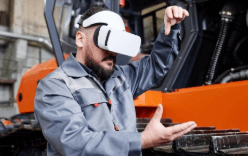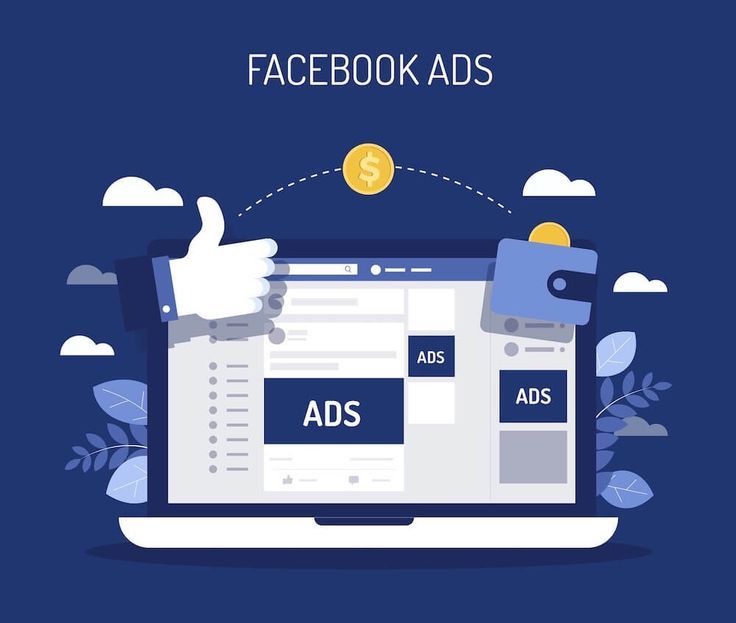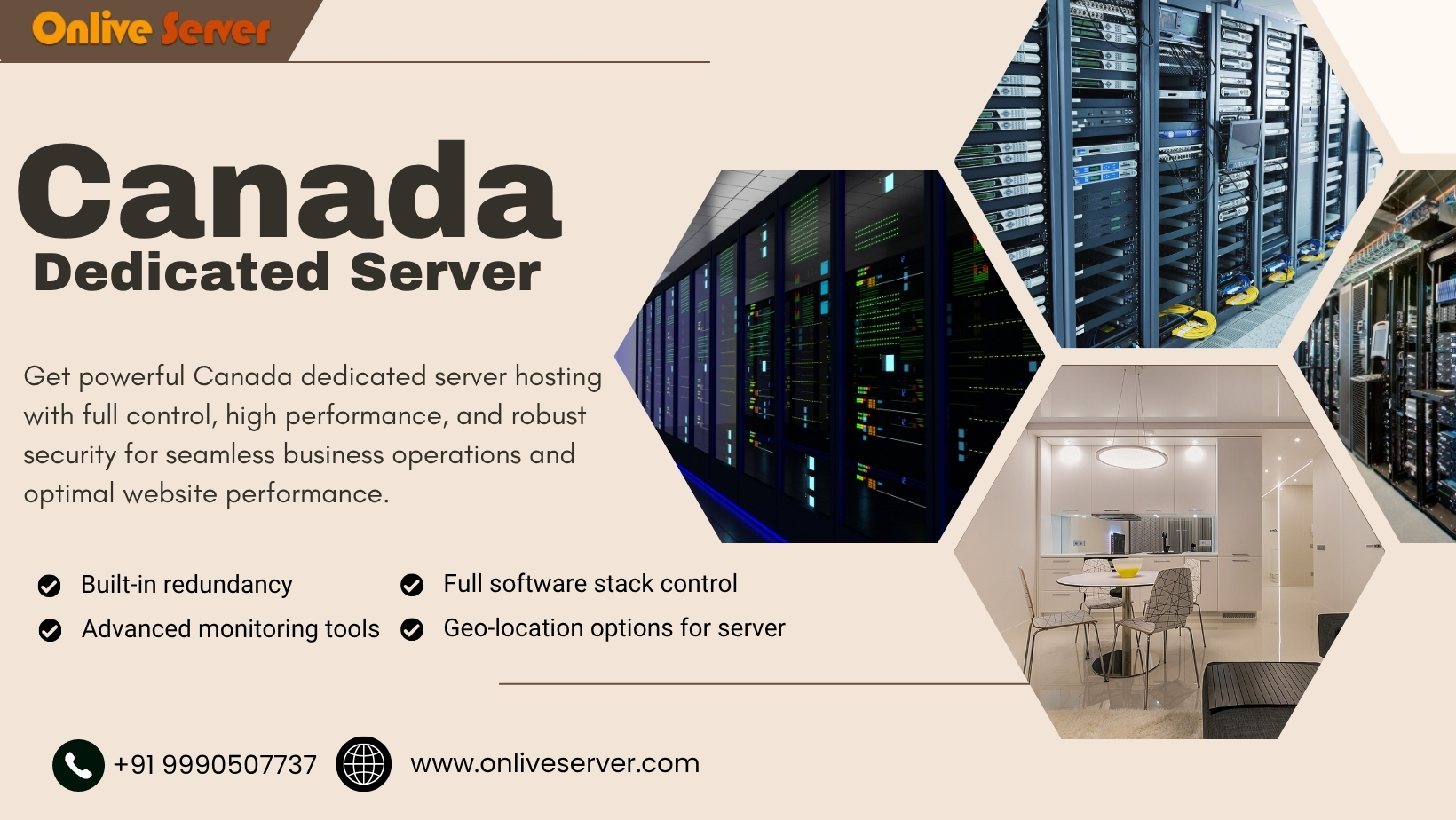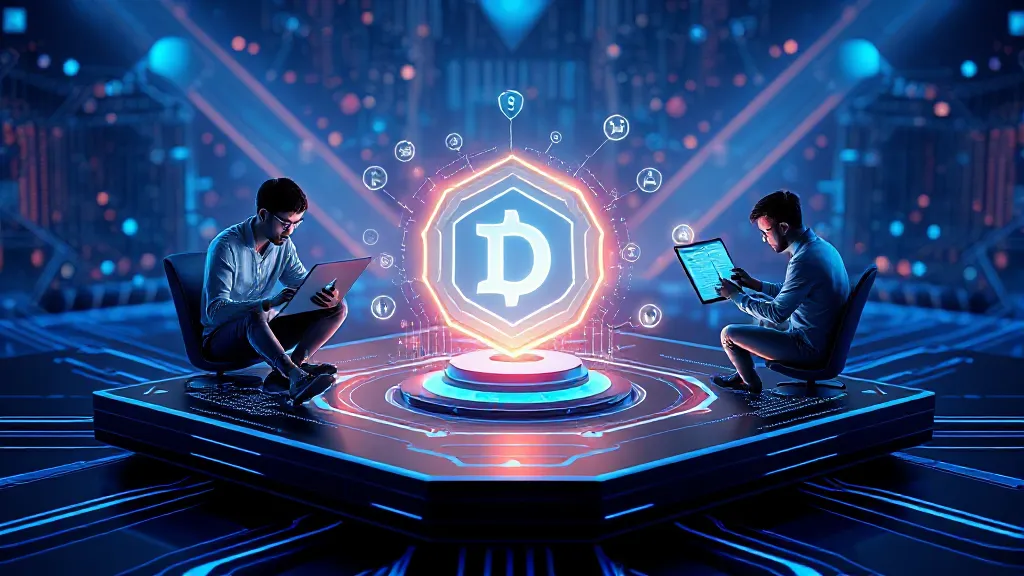In today’s competitive industrial landscape, efficient training is crucial for sustaining productivity, reducing operational errors, and ensuring employee safety. Traditional training methods—while reliable—often fall short in engaging modern factory workers, especially when dealing with complex machinery or hazardous environments. To bridge this gap, industries are increasingly turning toward immersive technologies such as Augmented Reality (AR) and Virtual Reality (VR).
With the rise of interactive training environments, a reliable industrial AR VR app development company becomes instrumental in reshaping how factory teams learn, operate, and adapt. These companies specialize in delivering tailored solutions that combine real-world factory elements with digital layers of instruction and simulation, leading to better knowledge retention, increased hands-on experience, and measurable training outcomes. This article explores how such companies are transforming the manufacturing and automation sectors through intelligent training platforms.
Immersive Learning for Complex Equipment
Training factory personnel on advanced equipment requires both visual guidance and practical experience.
-
AR/VR solutions enable workers to interact with 3D models of machinery before operating the real thing.
-
Real-time overlays can highlight key components, instructions, and safety warnings.
-
Employees can practice in virtual environments without the risk of damaging expensive equipment or halting production lines.
-
This method allows workers to become proficient faster, minimizing the training-to-productivity transition time.
Safety Simulations and Risk Reduction
Factory environments often involve high-risk scenarios that are difficult to recreate safely in traditional training.
-
An AR VR app development company can build simulated environments to train employees on emergency protocols and equipment failures.
-
Scenarios like chemical spills, electrical hazards, or mechanical failures can be reproduced without real danger.
-
Workers develop muscle memory for safety procedures, improving response time in real situations.
-
This proactive training approach significantly reduces workplace accidents and associated downtime.
Custom Content for Industry-Specific Needs
Different factories operate with different workflows, machinery, and regulatory requirements.
-
A trusted development company tailors the training modules to match the factory’s specific machinery, processes, and standards.
-
The AR/VR content is developed using real factory data, CAD models, and input from process engineers.
-
Companies can update modules as new machinery is introduced or as procedures evolve.
-
Personalized training ensures that each employee learns according to the unique context of their work environment.
Seamless Integration with Learning Management Systems
AR and VR training apps are not standalone tools; they can be integrated with digital training platforms.
-
An experienced AR VR app development company will ensure compatibility with Learning Management Systems (LMS).
-
Progress tracking, employee assessments, and certification modules can be added to the immersive training.
-
Trainers and managers can review performance data and identify gaps in learning.
-
This integration streamlines onboarding and continuous learning processes for factory teams.
Improved Retention and Engagement
Traditional lectures or paper manuals often lead to low retention and engagement levels.
-
Studies show that interactive, visual training enhances memory and boosts focus.
-
VR training increases emotional involvement and immersion, resulting in better long-term recall.
-
Employees are more likely to participate actively and enthusiastically in immersive training sessions.
-
High engagement translates to faster training cycles and lower operational costs over time.
Conclusion
As industries continue to modernize their operations, training must evolve to match the pace of technological change. Partnering with a capable AR VR app development company allows manufacturers to deploy scalable, effective, and engaging training solutions that align with their factory-specific needs. Whether it’s for upskilling workers, improving safety, or reducing onboarding time, AR and VR technologies are becoming essential tools in industrial training strategies. By investing in immersive learning, companies position themselves for long-term efficiency, safety, and workforce empowerment.






